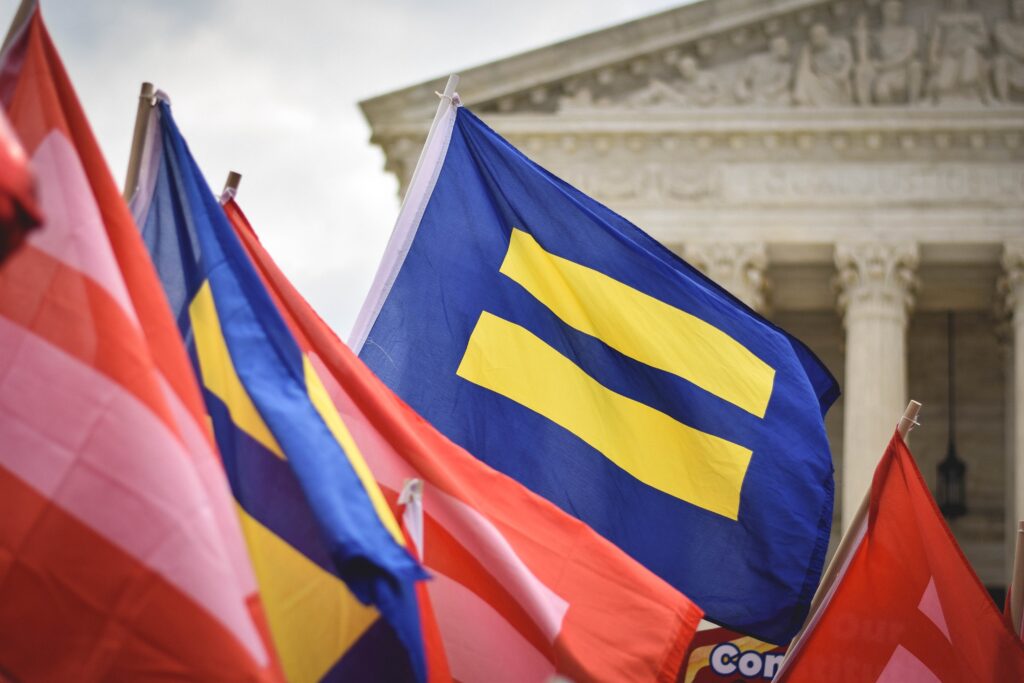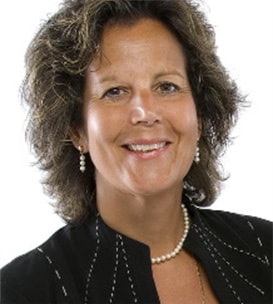Why second parent adoption is so important for LGBTQ parents
The Supreme Court has denied a Petition in a case out of Indiana about the state’s obligation to recognize same-sex spouses and different-sex spouses equally on their children’s birth certificates. Legal expert Victoria T. Ferrara has some advice for LGBTQ parents.
When my partner (now spouse) and I had our first child in 1995, second-parent adoption was not legal in Connecticut where we lived. Obviously at that time we were not married or in a Civil Union as those options were not available to gay couples at that time.
Because we wanted legal security for our family, i.e., for our son to have two legal parents and for my partner to have the security of being his legal parent, we sold our house, moved to Florence, Massachusetts, retained a Massachusetts lawyer, and, since I was the birth parent, we applied to the Court in Massachusetts for a second-parent adoption for my partner. In this way, she would become the legal parent of our son and we would then be the two legal parents named on his birth certificate.
Why did we do this? For one thing, our son would have two legal parents and therefore have two people in the world from whom he would have rights to inheritance, health insurance, social security survivor benefits, and most of all, two people in the world to call his legal parents. No one could question his rights or my partner’s rights. She would gain the rights to unquestionably care for him and make decisions for him and, in the eyes of the world, to be his legal parent. No one could take this from her. If I died, or if we were to break up, she would maintain her legal rights as his parent.

The most distressing cases in LGBTQ+ families are when a legal parent dies, or when the couple breaks up, and a co-parent is then denied her or his right to continue parenting her or his child – either by the Court, by the sole legal parent, or by the family of a deceased parent.
When the Obergefell case was decided by the U.S. Supreme Court in 2015 legalizing same-sex marriage throughout the United States, the LGBTQ+ community understandably rejoiced. One reason was that if a couple is married, and one of them gives birth to a child, the spouse of the birth parent is presumed to be the legal parent of the child. In many States, this extended to having children through surrogacy where the genetic parent could become the legal parent through paternity laws but also, the spouse of the genetic parent could become the legal parent through surrogacy parentage proceedings in the State where their child was born. The presumption enabled the spouse of the legal parent to be named on the child’s birth certificate as parent
The operative word and concern in these post-marriage equality families is the word “presumption.” First of all, being named on a birth certificate does not create legal parentage. It is a representation that the people named as parents are the presumed parents of the child. In law, a presumption is rebuttable and, therefore, this presumption is legally flawed in that it can be taken away if successfully rebutted.

With the recent appointment of conservative Justice Amy Coney Barrett to the U.S. Supreme Court, the LGBTQ+ community has a newfound heightened concern as to the vulnerability of marriage equality or other forms of the dilution of the strength of the rights conferred by gay marriage, including the potential for discrimination against GLBTQ+ individuals and couples under the disguise of religious freedom cases.
Take a look at the recently argued Fulton v. City of Philadelphia U.S. Supreme Court case where Catholic Social Services has sued the City of Philadelphia because the City refused to give funds to Catholic Social Services since it would not approve gay foster parents. This case has yet to be decided but if the ruling is in favor of Catholic Social Services, this allows the agency to discriminate and still receive governmental funds.
The concerns over the fate of marriage equality and the fears of further erosion of GLBTQ+ rights have galvanized gay parents to look again at the need for second-parent adoption in their family structures. Many couples, who, due to marriage equality, once felt more relaxed about whether or not they felt the need to undertake this legal process, are now seeking out lawyers to make sure their second-parent adoptions are in place and that their families are fortified against discriminatory incursions into the legal safety of their family lives.

About the author
Victoria Ferrara has practiced in the courts of Connecticut and New York for the past thirty years. Victoria has remained on the cutting edge of assisted reproductive law issues, representing clients in LGBT-related law proceedings and surrogacy arrangements. One of her greatest achievements is the landmark decision of Raftopol v. Ramey, a Supreme Court case that established a new way to determine legal parentage in Connecticut. Victoria has published numerous articles and lectured and presented as a panelist in surrogacy conferences throughout the world.






